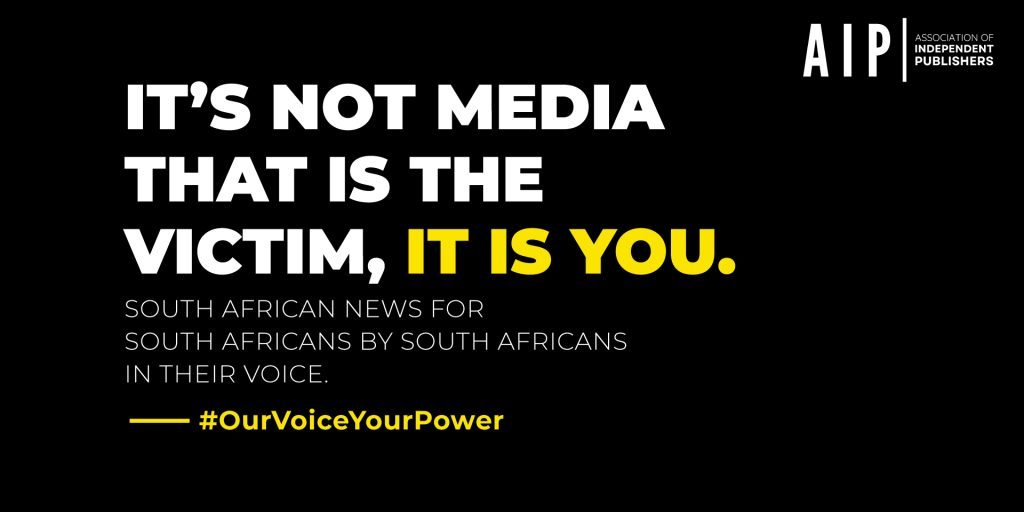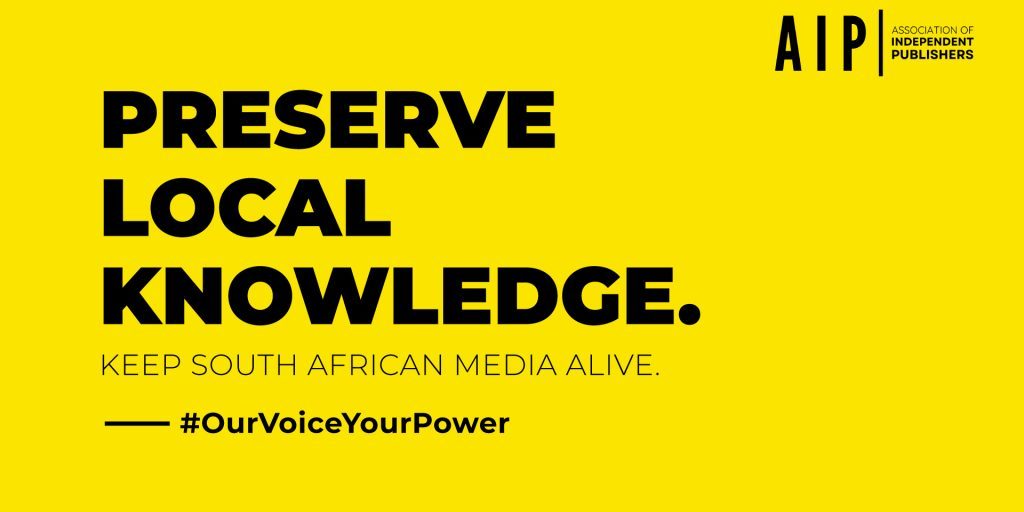LOCAL NEWSPAPERS ARE IN TROUBLE
What if your local newspaper stops appearing? What if next week, when you search for the paper on your gate, it is not there? Will you miss it?
The thought of local, independent community newspapers like dying off one by one is scary to many. Sadly, it is a reality and unless something gets done very quickly, these treasures in many communities will forever be lost.
Last year in the USA, newspapers were disappearing at a rate of roughly 2.5 per week. More than 200 counties were already described as “news deserts”, with limited to no access to local news and information.
The situation is just as dire in our country, with dozens of trusted local messengers forced to close their doors.
“Why don’t they just ‘get with the times’ and move online?” many may ask. The solution, however, is not that easy. Most local newspapers, like GLOBE POST, have long since established a web presence, with large online audiences. It is not as if the local media has lost any readers; in fact, their news is currently more consumed than ever before.
But the online world does not pay for journalism. It is a harsh world where consumers of content expect everything to be free and the advertising cake is reduced to crumbs.
In the past, local newspapers relied on the income derived from advertising to pay the bills. The little bit of profit made from selling advertising space was used to employ journalists, layout artists, and the sales and admin staff. Even the vendor standing on the street corner selling a newspaper benefited.
The online world is not a friendly space for local content creators. If you produce cat videos or clickbait aimed at reaching millions of viewers worldwide, you can probably manage, but not if you cater to the needs of a small community. Big Tech, which refers to the social media giants such as Facebook (or Meta) and search engines such as Google, dominates the industry. Big Tech very much determines who advertises where, and what the rates are.
In the online world, local media must compete for part of the advertising income with anything from a fitness app to a Chinese company using Artificial Intelligence to rewrite and sensationalize the same stories the local journalist posted the day before.
“Well, that’s life,” some may remark. But the people who would be glad to see the end of newspapers very seldom stop to think of the consequences. There will be no more journalists attending the local municipality’s council meeting. There will be no more journalists reporting on local court cases or keeping a watchful eye on tender processes. Local sports clubs will no longer have a platform where they can boast about achievements. Knowledge about school activities will be limited to the social media “bubbles” that people are living in.
With the demise of local journalism, much of the region’s written history also ends. Facebook or Google does not employ journalists who write obituaries, honouring the legends in every society. In fact, none of these Big Tech companies even pay taxes on the profits that they make in our country.
So, what can you do to help? If you see an advert of a business in GLOBE POST for example, tell that business that you appreciate what they are doing. Encourage the local municipality or even NGOs to use the local news media when communicating with the residents in your area. If your local media offers subscriptions, subscribe. Your R50 or R100 per month will make a world of difference.
But overall, just try to support local media. The real victims when local news disappears will be the citizens of our country.
* GLOBE POST is an active member of the Association of Independent Publishers (AIP). The AIP has launched a national campaign to tell people why this battle for the survival of the media is so important. It starts today, 3 May, World Press Freedom Day (3 May) and continues throughout May.




